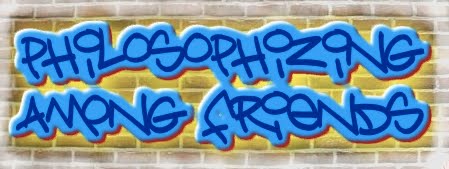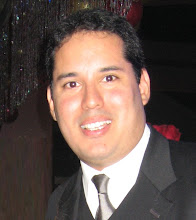Socrates once declared, "All I know is that I know nothing". This observation gains special meaning in our modern world where we are so reliant on information and knowledge. In many respects we have developed a faith in science and technology that has allowed us to progress and achieve things we could only dream about. The tools and knowledge we now possess have amplified our capacity to create and destroy to the point where we have developed a sense of arrogance.
Yet, a lot of the knowledge we have developed is dependent on observation and experimentation that have generated more questions than answers. This begs the question of how reliable our observations are in terms of yielding everything there is to know. If we look at the scale of the known electromagnetic spectrum it is impressive to see how small our field of vision is. A lot of the phenomena we observe are actually secondary and always open to interpretation. This explains in part why we have had a history of changes in the way we conceive the universe, and these paradigm shifts are likely to continue for a very long time.
I think it is safe to say that there is so much we do not know about, that a sense of humility would be more appropriate. Our knowledge is very dependent on how we understand and see our environment, and in many cases only applies to specific conditions. In fact, a lot of our effort goes into reproducing the conditions in which we can apply our knowledge more easily. For example, computers require electricity and we have dedicated a lot of resources to installing and maintaining the infrastructure required for them to function. In terms of communications, medicine and education we have made a lot of progress extending our influence and well-being to a lot of persons around the world.
If we assume an attitude of arrogance towards our knowledge I think we would be limiting ourselves. I say this not only in the sense of limiting the scope of knowledge, but also in closing our hearts and minds to other possibilities. In this sense the Internet is a testament to how openness can help us learn about our environment and progress.
The more we are open to consider other points of view, the more we reduce the risk of skewing our knowledge with our particular bias. It is also important to be vigilant of the context and situations in which we apply our knowledge. Sometimes we have a tendency of wanting to apply knowledge universally without thinking through the consequences. I believe that we must complement our limited knowledge with a vision of that which is eternal and meaningful. True knowledge comes from accepting that there are many things we do not know about. Assuming an attitude of continuous search for the truth can be our way of accepting this.
Saturday, February 6, 2010
Subscribe to:
Post Comments (Atom)


.jpg)


No comments:
Post a Comment